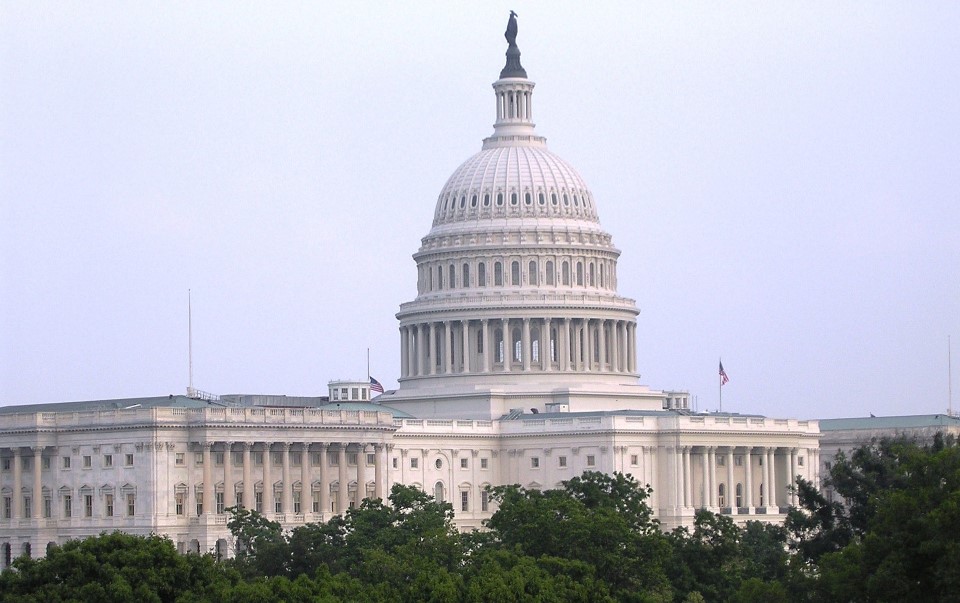
House Reauthorizes SBIR/STTR Program at Last Minute - Sets New Rules
Just one day before the program was set to expire, lawmakers in the House of Representatives, following the lead of the Senate, voted to extend the critically important SBIR/STTR program for another 3 years; agreeing to a deal that would fund the program through 2025. However, just as we noted in previous blogs and social media posts, lawmakers had been considering significant changes to the program that would have substantial impacts on many small businesses (particularly those that win numerous grants and contracts annually—what some refer to as "SBIR Mills"). And true to their word, several new rules were introduced—though not necessarily what was originally discussed.
The SBIR/STTR Program has a sizeable annual budget which makes it a target for many in Congress. Senator Rand Paul (R-KY), chief among its critics, proposed some of the most sweeping changes, mainly centered around "combating foreign influence" and also to weed out companies that "abuse the program" by winning large numbers of Phase I and II awards, but that never transition to commercialization in Phase III. Other changes tossed around DC included significant tightening of other benchmarks for small businesses.
At the end of the day, a compromise was agreed upon and both the issues of curbing foreign espionage and abuse by "SBIR Mills"/tightening benchmarks were included in the final legislation (though some requirements were "softened" from previous discussions).
SBIR / STTR Program Changes in 2023 and Beyond...
Transition and Commercialization Benchmarks
First, and likely most important to the small business community, the new legislation subjects companies to increased transition and commercialization benchmarks in order to apply for any new Phase I and "Direct to Phase II" Awards. Companies failing to meet these two benchmarks will now be subjected to a cap of no more than 20 Phase I or Phase II awards per year.
The reauthorization bill contains enhanced benchmarks that differentiate between Phase I and Phase II SBIR and STTR grants and contracts. It doubles the minimum performance standards for each small business that receives more than 50 Phase I grants within five years.
Additionally, a company that has received more than 50 Phase II awards within the past 12 years must have earned “an average of $250,000 of aggregate sales and investments” for each of those awards. Companies with more than 100 Phase II awards within the past 12 years must earn an average of $450,000 in aggregate sales and investments.
If a company does not meet these standards, then it may not receive more than 20 total SBIR and STTR Phase I and direct to Phase II awards for one year (though they may still receive unlimited Phase II awards).
Curbing Chinese Espionage
Second, and in keeping with the goal to curb Chinese espionage, government agencies using the program also will now be forced to deny awards to small businesses that have ties to Chinese companies or to any firm that “has an owner or covered individual that is party to a malign foreign talent recruitment program.”
The bill also requires federal agencies making awards to coordinate with the SBA in the creation of “a due diligence program to assess security risks presented by small business concerns seeking a federally funded award.”
Along these same lines, companies submitting proposals will how be required to disclose “any technology licensing or intellectual property sales to a foreign country of concern, including the People’s Republic of China, during the 5-year period preceding submission of the proposal."
Read that carefully; the preceding 5-years... So, many companies that may have been compliant up until today, may now be punished for business decisions and/or actions taken in the past related to China or other countries or entities.
To learn more about the changes coming to the program, read the bill here.
Reason to Celebrate
The bill will likely be signed into law by President Biden tomorrow--drawing a collective sigh of relief from the Federal Government, US Military, and Small Business Community alike. The innovations that result from this essential program are critical to our world, and this nation's energy, military, health, science, and economy...so here's to hoping we don't get so close to the edge in September of 2025!